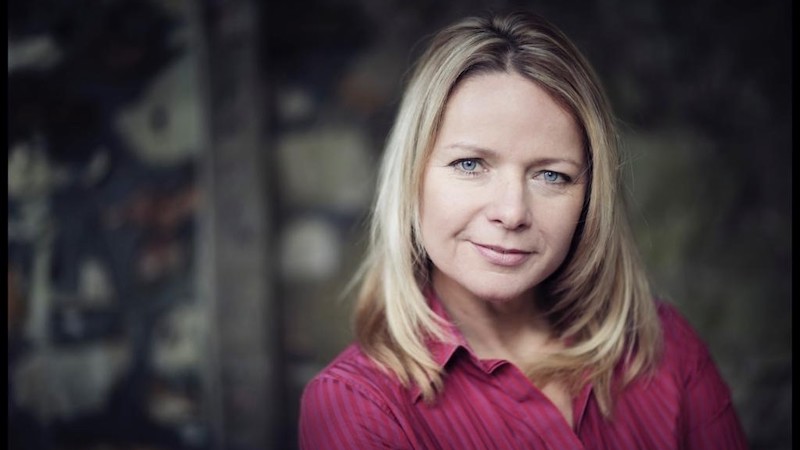Pressure is on the Bank of England to raise rates more assertively as inflation jumped to a fresh 30-year high ahead of the chancellor’s spring statement.
The consumer price index (CPI) ratcheted up to 6.2% in February, from 5.5% in January and above analysts’ expectations of a 5.9% increase.
Predictably, higher energy bills and fuel prices were the main drivers behind rising prices, with increases in furniture and household goods also feeding into the headline figure.
Prices for clothing and footwear rose aggressively by 8.8% compared to a year ago, while food and non-alcoholic beverages jumped 5.1%.
The latest upside surprise for inflation came just hours before chancellor Rishi Sunak was due to unveil measures to tackle the cost-of-living crisis in his spring statement.
Tip of the inflation iceberg
AJ Bell financial analyst Danni Hewson warned February’s increase is “just the tip of the inflation iceberg”, as it does not fully reflect the impact of Russia’s invasion of Ukraine or next month’s rise in the energy price cap.
Oil prices are currently hovering around $115 a barrel and the price of other basic materials, such as gas, wheat and metals, has also soared.
“Making stuff, transporting stuff and ultimately buying stuff is only getting more expensive,” Hewson said.
“The Bank of England had hoped for 7.5% to be the peak of this price pain, but it’s already accepted the landscape has changed. Prices will get higher than had been forecast, they’ll stay higher for longer than forecast and for the first time in 40 years double digit inflation doesn’t just look likely, it looks nailed on.”
‘Era of ultra-cheap money looks well and truly behind us’
Hargreaves Lansdown senior investment and market analyst Susannah Streeter (pictured) believes hotter inflation will spur the Bank of England to raise rates more assertively.
Last week Britain’s central bank hiked the base rate to 0.75%, the third increase in a row. However, the decision was not unanimous with one monetary policy committee member, Sir Jon Cunliffe, backing no change to policy in a dovish twist.
“Policymakers acted cautiously at the last meeting, only increasing rates by 0.25%, and although they won’t quite throw that caution to the wind, given concerns a major tightening could tip the economy into a downturn, they’ll be more inclined to keep up the pace of hikes, with some forecasts predicting interest rates will hit 2% in a year,” Streeter said.
“That is still low on a historic basis, but the era of ultra-cheap money looks well and truly behind us, and it’s going to be a necessary but difficult adjustment with so many consumers and businesses reliant on super-low rates of interest.”
But Daniele Antonucci, chief economist & macro strategist at Quintet Private Bank, thinks it is more likely interest rates will settle above 1% by year-end, given the risks that aggressive tightening could disrupt growth prospects.
“Risks to the inflation outlook are two-sided. On the one hand, the war could make consumers more cautious, depressing demand and prices more than expected. On the other hand, higher prices could feed into wage settlements and lead to even higher inflation and continued upside surprises.
“Given these risks, we think the Bank of England will likely continue to normalise its policy stance but, at the same time, soften its rate guidance. In the March minutes, the Bank said that ‘some further modest tightening in monetary policy might be appropriate’ in coming months, a less aggressive formulation than earlier comments.
“Following these comments, markets have recently lowered their expectations for the Bank rate at year-end to just under 2%. Still, this remains well above our own call of just above 1%.”









